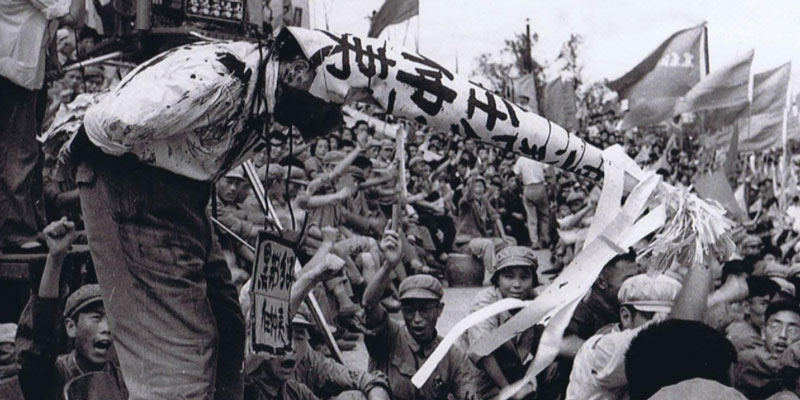
Yes, “equity audits” and “anti-racism” are critical race theory (CRT) in action.
Perhaps it feels redundant or like beating a dead horse for me to direct readers to Mike Gonzalez’s list of “The Five Lies of CRT,” but I have a feeling it’s a topic to which we have to return with reinforcements constantly. The attempted gaslighting from radicals is simply too dogged. Complacency is an enemy.
Here are the five lies:
- CRT is not taught in schools
- CRT is just a way to give previously marginalized people the attention they have lacked
- CRT is not Marxist
- Those opposed to CRT just don’t want history taught
- The Use of CRT is a cynical ploy by Republicans
Over the years, I’ve found it to be a common attitude among those who wish to radically transform our country that labels conveying something unfavorable aren’t permitted to apply to them. This attitude incorporates both terms that are historically unfavorable (e.g., “fascist”) and terms that become unfavorable because of what they describe (e.g., “progressive”), at which point they are said to be inaccurate descriptors.
Referring to lie #1, for example, it’s simply a fact that there’s a direct line from CRT to the changes that the education establishment is currently hiring radical contractors to implement in their districts. Here’s a document, for example, from an overview of the Highlander Institute’s Culturally Responsive & Sustaining Pedagogy (CRSP) Framework:
In one study, mostly remedial level Latinx students enrolled in a Chicano Studies course and participated in an action research project from a critical race theory lens. By the end of the class, all students reported their writing and reading skills had improved, and 93% said they felt better able to attend college. Accordingly, 88% of enrolled students graduated with 58% attending college, significantly higher than the national averages for Latinx students at the time (59% and 26% respectively). In interviews, students described how they learned the struggles they faced were not necessarily due to personal shortcomings but a result of systemic oppression, which increased their motivation in school. Others reported feeling empowered and motivated while learning about their own history rather than the dominant Eurocentric curriculum.
We should note that, if we take the results at face value, the decisive factor in improvements appears to have been motivation, and there are surely ways to increase that without resorting to racism. The important point for my purposes in this post, however, is the casual reference to a “CRT lens.” That’s how this works.
The more common term in the paper is “Critical Consciousness,” as in, “Critical consciousness has been defined as “the ability to recognize and analyze systems of inequality and the commitment to take action against these systems.” To wit, “equity audits” and “anti-racism.”
The curious reader needn’t dig too deeply to pull the pieces together convincingly. For example:
Brazilian educator Paulo Freire (1970) conceived of critical consciousness while working with adult laborers in Brazil. Freire realized that inequality is sustained when the people most affected by it are unable to decode their social conditions. Freire proposed a cycle of critical consciousness development that involved gaining knowledge about the systems and structures that create and sustain inequity (critical analysis), developing a sense of power or capability (sense of agency), and ultimately committing to take action against oppressive conditions (critical action).
Read up even superficially on Freire, and you’ll find the relation to what’s happening in our schools, as well as Marxism, right on the surface. The guy took Chairman Mao’s Cultural Revolution as a model.
The idea is that education is inherently political, inasmuch as it either helps students to actively participate in the culture into which they’re being raised, or it teaches them to deconstruct and disrupt it. The former is what we fund education so lavishly to accomplish, but it is being hijacked by people whose goal, again, is to make our children unhappy and incapable of functioning in our society.
Featured image, an iconic image from the Chinese Cultural Revolution.

[…] is appropriate. The ideal would be that schools would not go down this path. In response to my post about the ideological politicization of schools, yesterday, the tech director for a Rhode Island […]
As much as I have tried, I have never reached an understanding of “equity” as currently applied.
It just means everybody gets the same outcome, generally by making things worse for those who used to do better.